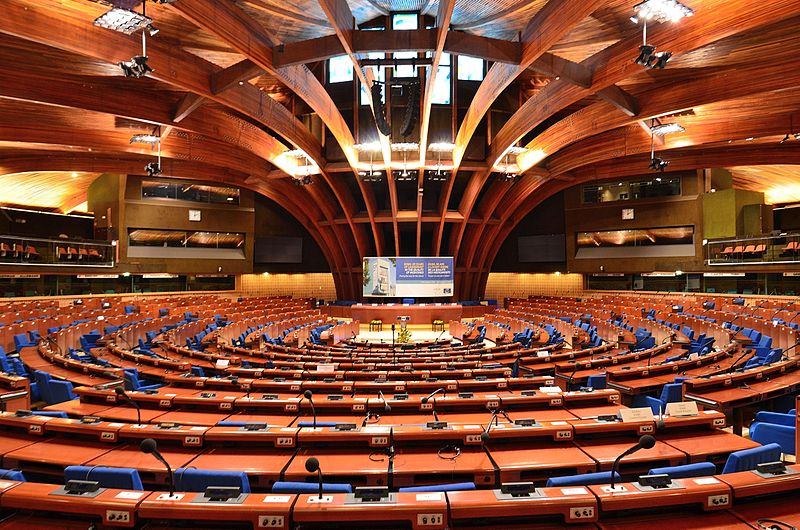The conference
Professor Ramona Coman is happy to extend an invitation to the conference:
The Council of Europe and Covid-19: challenges and opportunities for Rule of Law and Democracy in Europe with Gisella GORI, Council of Europe Liaison Office to the European Union.
The conference is organised in the framework of the Jean Monnet Module Rule of law and mutual trust in global and European Governance, ROLETTE 599377-EPP-1-2018-1-BE-EPPJMO-MODULE
It will take place during the Summer School “The capacity of regional and international organisations to react to the Covid-19 pandemic,” organised by the Institute for European Studies and the Faculty of Philosophy and Social Sciences
The speaker
Gisella Gori has been working at the Council of Europe since 2002 and is currently a Senior Advisor at the Council of Europe’s Liaison Office to the European Union Institutions in Brussels.
At the Council of Europe, Gisella previously worked in the Children’s Rights Division, the Framework Convention for the Protection of National Minorities, the Departments of the European Social Charter and of theExecution of Judgments of the European Court of Human Rights.
From 2010 to 2015, Gisella was Senior Political Advisor in the Political, Development and Security Section of the Delegation of the European Union, Washington, DC. Before that she was Adjunct Professor and Visiting Scholar on International Law at George Washington University, School of Law (Washington, DC). She taught European Union Law during the 2009-2010 Spring semester and in 2013.
Before joining the European Institutions, Gisella was a Lecturer in European Union Law and Constitutional Law (Attache de Recherche et d’enseignement) at the Institut d’Etudes Politiques Robert Schuman, University of Strasbourg, France, from 1999 to 2002. Ms Gori holds a PhD in European Union Law from the European University Institute, EUI, Florence, (Italy), July 2000. She has published extensively on legal, EU and Human Rights issues. Gisella is fluent in English, French and Italian.
The summer school
The global spread of the COVID-19 pandemic and its devastating social-economic impact represent a considerable challenge for nation states and international organisations. While the effects of the crisis are global, nation states have acted as primary actors through a wide range of individual decisions. They sought to stop the spread of the virus by radically limiting internal and international travels, suspending economic activity, closing schools and universities, shops and public places and confining persons at home.
Many of these drastic limitations to individual freedom of movement and assembly have been taken without cross-border coordination. Transnational problems require transnational solutions and but establishing these been a visibly challenging task for the European Union but also for international and regional organisations in general.
Practical information
More information and registrations for the Summer School
Registration is free and mandatory.
